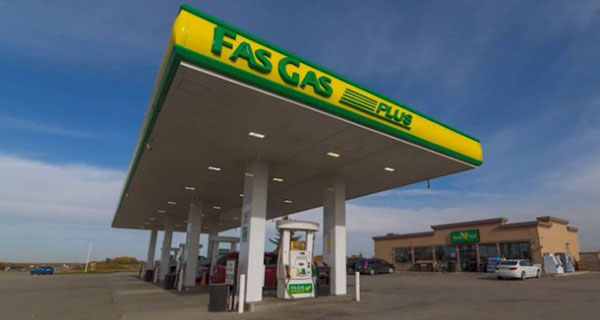Calgary-based Parkland, an independent supplier and marketer of fuel and petroleum products and a leading convenience store operator, had a $74 million net loss in the first quarter of this year compared with $91 million in net earnings for the same period in 2019.
“We delivered strong financial and operating performance through the first 10 weeks of the year with base operations and growth initiatives on-track with our plan,” said Bob Espey, President and Chief Executive Officer, in a news release. “COVID-19 paused this momentum in mid-March, however, despite this and other economic headwinds, including a declining Canadian dollar and lower, more volatile commodity prices, our diverse business is proving resilient.
“We entered this challenging period with a strong balance sheet and acted decisively to protect it. We removed over $300 million of capital expenditures from our 2020 plans and reduced our fixed and variable expenses. I want to thank the Parkland team who are intensely focused on safely providing essential products and services to our customers and supporting our communities. These characteristics underpin our resilience and growth capabilities. I would also like to thank the refinery team for their hard work and for safely completing the turnaround in April.”
Parkland said the duration and impact of COVID-19 is difficult to forecast, however, it has already led to significantly reduced global economic activity and fuel demand. Parkland said:
- Canada segment volumes have declined approximately 35 per cent in April relative to 2019, consisting of an approximate 40 per cent decline in retail gasoline volumes and 25 per cent in commercial and other volume. Rural markets have been less impacted than major urban centres and key supply chains have remained open for trucking traffic;
- US segment volumes have declined approximately 20 per cent in April relative to 2019, excluding the impact of acquisitions, consisting of an approximate 20 per cent decline in wholesale and commercial volume and 35 per cent in US retail gasoline volume;
- International segment on-shore volumes have declined approximately 40 per cent in April relative to 2019, consisting of an approximate 25 per cent decline in the commercial lines of business and 55 per cent in the retail line of business. Many countries in the International segment have extensive curfew measures and higher exposure to tourist activity;
- Convenience store sales in Canada are marginally down in April relative to 2019. Tobacco, alcohol and household essentials have performed well, while confectionery items and car wash traffic have declined along with the temporary suspension of frozen and hot beverage offerings and fresh food service;
- Refinery utilization as of May 6 is approximately 75 per cent, which accounts for lower fuel demand in locally served markets. Based on the current refinery throughput, it has been able to reduce jet fuel to less than 10 per cent of output.

